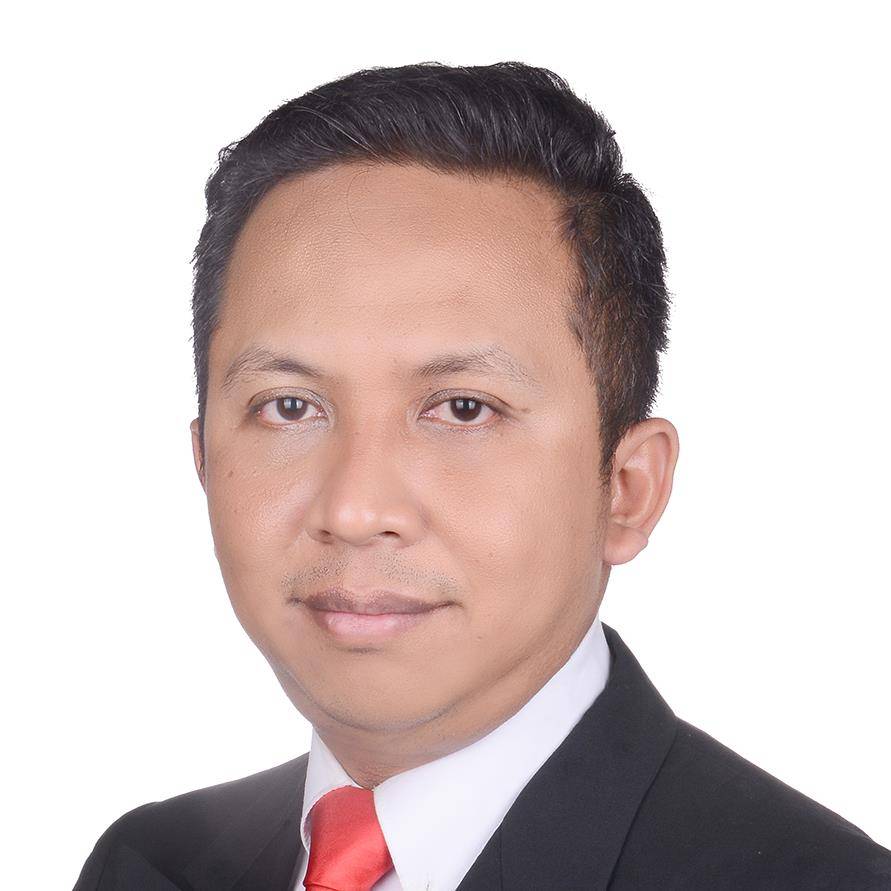Designing Resilient Cities through Data-Driven Solutions in a Riskier World – Lessons Learned from Japan and the World
Designing cities with data utilization Cities face increasing risks from climate change, rapid urbanization, and natural hazards. The needs of urban residents are diversifying, complicating administrative issues are becoming more complicated as a consequence, making it even more challenging for local governments. Digitalization and spatial data offer transformative potential and to empower themselves with informed decision-making for more sustainable and equitable urban planning. This focus session tacked these issues through a fireside chat with the mayor of city of Toyama, Japan on how Toyama leveraged data utilization combined with their compact city policy to promote inclusive and resilient growth. The fireside chat was followed by a panel discussion featuring four speakers from Japan, Indonesia, Kenya, and Ukraine and their city and country experiences on leveraging data for urban development. The final segment was an interactive session featuring an example of tools using data and analytics in improving city planning and resilience. For more details, please take a look at our website: https://www.worldbank.org/en/events/2024/06/20/UR2024-TDLC-designing-resilient-cities-through-data-driven-solutions-in-a-riskier-world
The session started off with the Mayor Hirohisa Fujii of Toyama City who shared how Toyama City responded to issues such as urban sprawl, inadequate public transportation, and rising administrative costs with better planning and data utilization. By implementing the compact city policy, public transportation was revitalized and encouraged residents to live near its routes. By analyzing population and location data of public facilities and residential areas, the city has created an environment where residents can easily access administrative services within walking distance. This approach prevented excessive population concentration and promotes the efficient distribution of various facilities across the city. Toyama City’s smart city policy has encouraged greater involvement from both residents and companies in building a resilient city by sharing data in a publicly accessible, visual format. This data is instrumental in enhancing disaster preparedness measures as well. Four speakers from Japan, Indonesia, Kenya, and Ukraine shared how these countries were utilizing data for different needs. Kobe city, Japan showcased the Kobe Data Lounge, a data utilization tool “by the government for the government”, to efficiently promote evidence-based policy making. Semarang City, Indonesia shared their successful transition from using ad hoc models of planning and investments to data-driven decision-making and infrastructure prioritization. Its data platform collected real-time data during the COVID-19 pandemic and supported participatory planning by incorporating citizen feedback. Kenya has tried to create consensus among all the key stakeholders on the need for data-driven decision-making built on a strong data governance framework. Lastly, Ukraine was utilizing data to conduct rapid damage and needs assessments on destroyed buildings from the ongoing war with Russia. The session demonstrated, a new data visualization and consensus-building application called Suitability, which has been developed by the City Planning Labs (CPL) of the World Bank. Participants were divided into small groups to test out the app by working through a scenario where people were assigned the mission to identify the ideal location for a new housing project in the city of Erdenet, Mongolia.
Organized by: Tokyo Development Learning Center, World Bank







